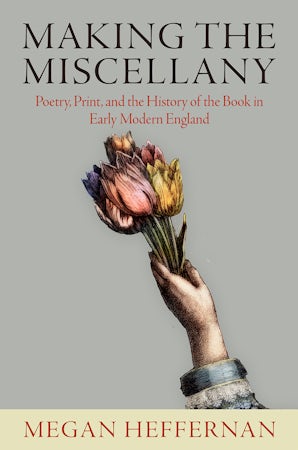General Historical Context
During the Great Migration (1910–1920), African Americans by the thousands moved into industrial cities to find work and later to fill labor shortages produced by World War I. Though they continued to face exclusion and discrimination in employment, as well as segregation in schools and public accommodations, there were fewer barriers with voting for Northern African American men.
In the 1920s there was a migration of Black Americans from the rural South to urban North which generated an African American cultural renaissance that was named after the popular NYC neighborhood Harlem but spread north and west. This movement marked the first time that mainstream publishers and critics paid attention to African American literature, music, art, and politics. This is where this revolutionary black poetry began. Unfortunately, emerging black writers relied heavily on white-owned publications and publishing houses. With the beginning of the Great Depression, the Harlem Renaissance died down as African American organizations became focused on the economic and political hardships this minority group now faced; however, the renaissance created opportunities and opened doors for a newfound Black culture around the world.
Maya Angelou, born in 1928, lived through some of the worst oppression and inequality for African Americans. World War Two was occurring during her teenage years. Throughout the time of the war, President Franklin D. Roosevelt coined the term “Four Freedoms” which included freedom of speech, freedom to worship, freedom from want, and freedom from fear; despite being eager to fight, African Americans lacked these freedoms while residing in the US. Although slavery had been long abolished, Angelou saw its effects on society and the African American people which led to her inspirational writing and attributes to the civil rights movement.
The civil rights movement - which occurred mainly during the 1950s and 1960s - was a social justice movement advocating for equal rights for the African American community. The effects of slavery still pursued post Civil War as African Americans continued to face discrimination, prejudice, violence, and racism. Mass demonstrations, televised racial violence, and the desegregation of segregated institutions alongside works of literature, art, and other cultural expressions as a part of the movement led to the creation of the Civil Rights Act of 1964. This act involved the government much more in the civil rights sector as it eliminated tactics to limit voting, assured racial and religious minorities equal access to public accommodations, prohibited job discrimination, strengthened the U.S. Commission on Civil Rights, and initiated the Equal Employment Opportunity Commission.
To explore this movement in more detail, visit the Civil Rights Movement informational site.
 </figure>
</figure>


 </figure/>
</figure/>
 <figcaption>history flow is a tool for visualizing dynamic, evolving documents and the interactions of multiple collaborating authors. In its current implementation, history flow is being used to visualize the evolutionary history of wiki* pages on Wikipedia. </figcaption>
</figure>
<figcaption>history flow is a tool for visualizing dynamic, evolving documents and the interactions of multiple collaborating authors. In its current implementation, history flow is being used to visualize the evolutionary history of wiki* pages on Wikipedia. </figcaption>
</figure>